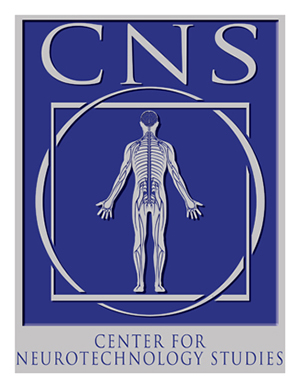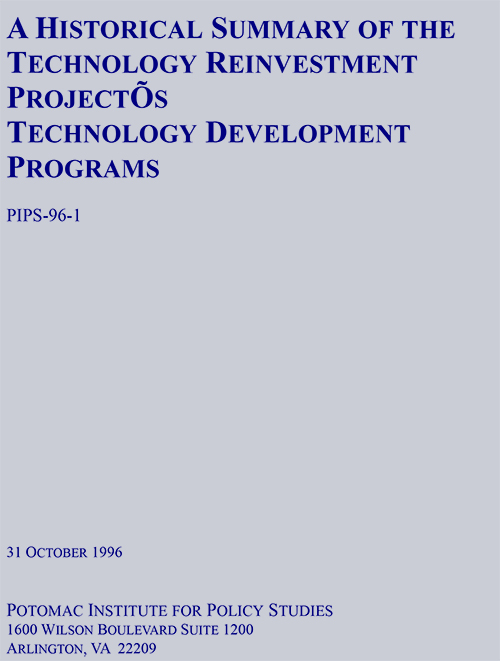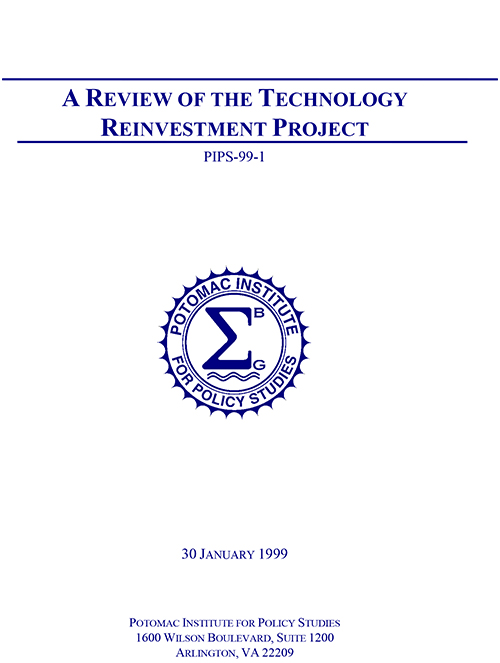Publications
On September 11, the Potomac Institute for Policy Studies' Center for Neurotechnology Studies was a co-supporter, along with the Nour Foundation, of a conference at the United Nations entitled "Toward a Common Morality." The Center's Director, James Giordano, PhD, was among the featured speakers.
Participants discussed the phenomenological and spiritual characteristics of human subjective experience, the neurophysiological and psychological foundations of these domains, and their role in practical reasoning and moral decision making. Emphasis was on elucidating how and why an understanding of the integrative neuroscience of the brain-mind both compels and sustains an appreciation for reverence and virtue, and provides a natural foundation for the emergence of a system of common morality.
James Giordano - Neuroscience, Reverence and... by NourFoundation
On September 11, the Potomac Institute for Policy Studies' Center for Neurotechnology Studies was a co-supporter, along with the Nour Foundation, of a conference at the United Nations entitled "Toward a Common Morality." The Center's Director, James Giordano, PhD, was among the featured speakers.
Participants discussed the phenomenological and spiritual characteristics of human subjective experience, the neurophysiological and psychological foundations of these domains, and their role in practical reasoning and moral decision making. Emphasis was on elucidating how and why an understanding of the integrative neuroscience of the brain-mind both compels and sustains an appreciation for reverence and virtue, and provides a natural foundation for the emergence of a system of common morality.
James Giordano - Neuroscience, Reverence and... by NourFoundation
Preface:
Since its inception, The Technology Reinvestment Project (TRP) has, at different times, embraced projects in one or more of the following areas: Technology Development, Technology Deployment, and Manufacturing Education and Training (MET). The Military and Industry Panel of the Dual-Use Research Project focused on the Technology Development Projects in TRP. Thus, although general information about the overall TRP will be discussed in this report, the data presented here concentrates principally on Technology Development Projects. While the statistics presented in this report convey a sense of the magnitude of the TRP program, as far as the number of proposers and personnel involved, they do not support any real measures of success or failure.
TRP was in a state of change from its inception. Three competitions were held and each competition brought about new procedures and revised instructions to participants. Some of this was due to lessons learned by TRP in the early competitions and subsequent attempts to correct problems or to enhance the program. Other changes such as funding were the result of Congressional direction.
Download the full PDF here.
Preface:
This is the final report of a study conducted by the Potomac Institute for Policy Studies (the Institute) under the sponsorship of the Defense Advanced Research Projects Agency (DARPA) and the Office of the Director of Defense Research and Engineering (ODDRE).
The Potomac Institute for Policy Studies is a not-for-profit organization dedicated to the development and support of non-partisan analysis of technology and technology policy. The Institute has conducted studies that provide insight into the impact of new technologies and processes on our society, the proper relationship between government and industry in meeting future needs, and the state of the U.S. industrial base.
We would like to thank the sponsors of this review project, particularly Dr. Lee Buchanan, then Deputy Director of DARPA, and Mr. John Jennings and Dr. Steven Wax, past Managers of the Technology Reinvestment Project (TRP) Office, for their support and insight. We would also like to thank Mr. Dan Petonito, of the ODDRE for allowing us to continue the study under the Dual Use Science and Technology Program (DUS&T). We are especially grateful for the time contributed by industry participants, DARPA program managers (PMs), and Service agents. Their generosity in sharing their valuable experience is responsible for whatever wisdom is to be found in the ensuing pages of this report. Finally, our thanks to Ms. Mary Roko, who helped immensely with our database. Views expressed are our own, however, and do not necessarily reflect the opinions of any of the contributors mentioned.
Download the full PDF here.



